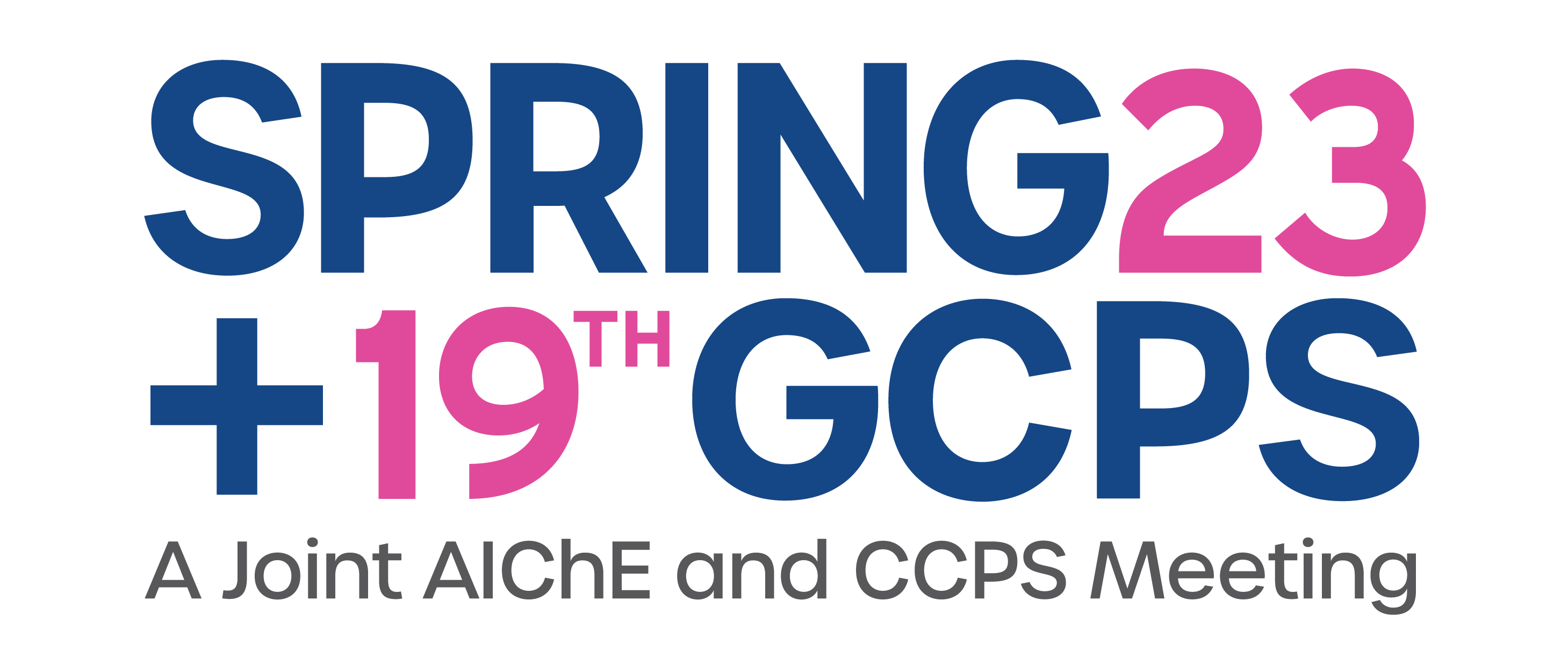

Crude distillation units are generally known to be the largest energy consumer hence the largest contributor to CO2 emissions among all the processes in petroleum refining. As a result, this process is typically the main target to apply energy efficiency and CO2 reduction programs. These may include improved energy integration, management of operations and fouling mitigation.
In this presentation, we will address three aspects which are key to understand the potential benefits of applying technologies that reduce CO2 emissions in CDUs and for which only sparse or outdated information are available in the public domain. In particular we will assess:
- The contribution of CDUs to total refinery emissions, which depends on i) the complexity of the refinery; ii) the efficiency of furnaces and the design of the preheat trains (energy integration) and iii) the severity of fouling and its management.
- The fraction of the CDU emissions that are due to fouling.
- The fraction of CDU emission that is avoidable by improved management of fouling in the pre-heat train.
For the first point we will present estimations are based on publicly available refinery emissions, assumptions based on the European CO2 allowance system and Hexxcell's own research. For the latter two, evaluations will be presented based on actual plant data from 10 refineries monitored on a regular basis. Results are then compared against the few previous studies available in the literature.
Presenter(s)
Once the content has been viewed and you have attested to it, you will be able to download and print a certificate for PDH credits.
If you have already viewed this content,
please click here
to login.
Language
Pricing
Individuals
| AIChE Member Credits | 0.5 |
| AIChE Pro Members | $19.00 |
| Fuels and Petrochemicals Division Members | Free |
| AIChE Graduate Student Members | Free |
| AIChE Undergraduate Student Members | Free |
| AIChE Explorer Members | $29.00 |
| Non-Members | $29.00 |
